In today’s fast-paced world, personal growth and mental well-being are in high demand. It’s not surprising that people often turn to professionals for support. However, confusion often arises for some, when trying to choose between coaching and therapy.
While both aim to bring about positive change, it is crucial to understand the distinction between the two.
If I would have to characterize the difference between coaching and therapy in a few words. I would say that in coaching you plan your future, in therapy, you come to terms with your past.
In this article, we’ll dive deeper into the realm of coaching and therapy, putting light on their characteristics. And hopefully, help you make informed decisions when seeking assistance.
The Essence of Coaching
Coaching focuses on supporting individuals to achieve their goals, enhance performance, and unlock their full potential.
Coaching mainly concentrates on the present and future.
Coaches empower clients to identify their aspirations and set meaningful objectives.
Coaches help clients design action plans to accomplish their desired outcomes.
Coaching fosters self-discovery, self-awareness, and personal accountability. The main tools used by coaches are powerful questioning techniques and active listening.
Coaches do not provide advice or act as experts in their clients’ lives. They instead facilitate a client-led journey towards unlocking their hidden potential.
The coaching relationship is built on mutual trust, respect, and rapport. Coaches create a safe space for clients to explore their thoughts, beliefs, and fears without fear of judgment.
An Outline of Therapy
Therapy primarily delves into the past. And investigates emotional and psychological aspects of the client’s personality.
Contrary to coaching, therapy specializes in emotional healing, and resolving traumas or conflicts.
Therapy also addresses mental health. Therapists possess expertise in diagnosing and treating various psychological conditions.
Therapists employ evidence-based techniques such as psychoanalysis, cognitive-behavioral therapy (CBT), or dialectical behavior therapy (DBT) to delve into the past, uncover deep-rooted issues, and facilitate emotional healing.
Often therapists are seen as ones who know the solution to the patients’ problems.
Therapy sessions involve exploring thoughts, emotions, and behaviors that contribute to mental health difficulties. Therapists aim to create an environment where clients can freely express their concerns and fears.
Unlike the collaborative nature of coaching, therapy is typically led by the therapist. Therapist offers professional guidance, interventions, and tools to help clients navigate through their challenges and promote mental well-being.
Understanding the Distinctions between coaching and theraphy
Coaching and therapy share common goals of personal growth and improved mental well-being. However, the distinctions between them are significant.
Here are some key differences between coaching and therapy to consider:
Focus. Coaching concentrates on the present and future. Therapy centers on diagnosis and on healing past wounds and addressing mental health concerns.
Direction. Coaches act as facilitators, empowering clients to set their objectives and action plans. Therapists provide guidance and intervention.
Clients vs Patients: Coaches refer to their coachee as clients. Therapists call them patients. As you can see the names give a different balance of initiative between the two parties.
Expertise. Therapists have specialized education and training in mental health, diagnosis, and treatment. Coaching does not require the same level of clinical specialization. Coaching is still not a regulated profession. Though coaching bodies exist such as the EMCC or the ICF. Clients would be well advised to choose a coach accredited by EMCC or the ICF to ensure the best level of service.
Duration. Coaching is often short-term (ranging from a few sessions to several months). Therapy is more long-term, with sessions spanning across months or even years.
Therapy vs Coaching – Conclusion
Understanding the differences between coaching and therapy is vital when seeking professional support for personal development or mental health concerns.
Recognizing their distinguishing characteristics allows individuals to make informed decisions with respect to their needs and goals.
Whether you’re looking to enhance your performance, maximize your potential, or mend emotional wounds, the right choice between coaching and therapy will immensely contribute to your personal growth journey. Remember, that with the right support, you can unlock your true potential. and cultivate a fulfilling and empowered life.
If a good Coach sees that you have problems rooted in so deeply your past, that you cannot move past them, they should recommend that you seek therapy. Whereas a good Therapist who sees that your real need is to move forward may send you to a coach.






